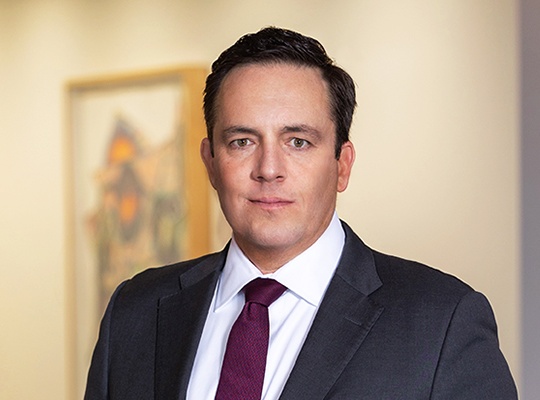Navigating the regulatory response to fintech’s and crypto’s disruption of the financial services industry
Our lawyers understand the legal and regulatory challenges fintech and crypto companies face as they increasingly disrupt the financial services, banking and investment industries, changing the way people invest, spend and lend money. We bridge the gap between emerging technologies and the traditional business, legal and regulatory environment, helping companies leverage new technology and find market opportunities in rapidly changing industries.
The increasing use of crypto assets has given rise to complex legal issues including those around:
- Regulatory requirements to register as investment advisers, investment companies, securities exchanges, broker-dealers, commodity pool operators, commodity trading advisors and money service businesses)
- The design, regulatory approval and launch of ETFs and derivatives,
- Fund formation and regulatory strategy and compliance (including as these relate to valuation, custody and reporting)
- Corporate law and securities transactions (including M&A and financing transactions)
- Venture capital
- Taxation
- Anti-money laundering
Artificial intelligence technologies, and Generative AI in particular, are causing companies to reimagine the way they conduct their businesses. The use of AI raises novel and complex legal and regulatory issues relating to the fiduciary duties of care and loyalty, investor and consumer protection, cybersecurity and privacy, disclosure obligations, fair competition and non-discrimination. The treatment of these issues differs across jurisdictions, as the U.S. and the EU in particular chart divergent approaches. As AI becomes more integrated into investment and financial business lines, in particular investment, lending and marketing activities, these issues require sophisticated counsel with deep experience in both new applications of the technology and existing business, market and regulatory practice.
Hailed as "very strong on technology . . . a nuts-and-bolts firm in the fintech space" (Chambers FinTech), our fintech and crypto lawyers work across offices in the United States, Europe and Asia, drawing on decades of experience to advise key players in the biggest global fintech and crypto markets. Clients relying on our solutions range from large financial institutions with operations spanning many countries to entrepreneurial companies launching their businesses in a single jurisdiction. Dechert was named a leading firm in the Nationwide FinTech Legal category in the Chambers FinTech Guide















